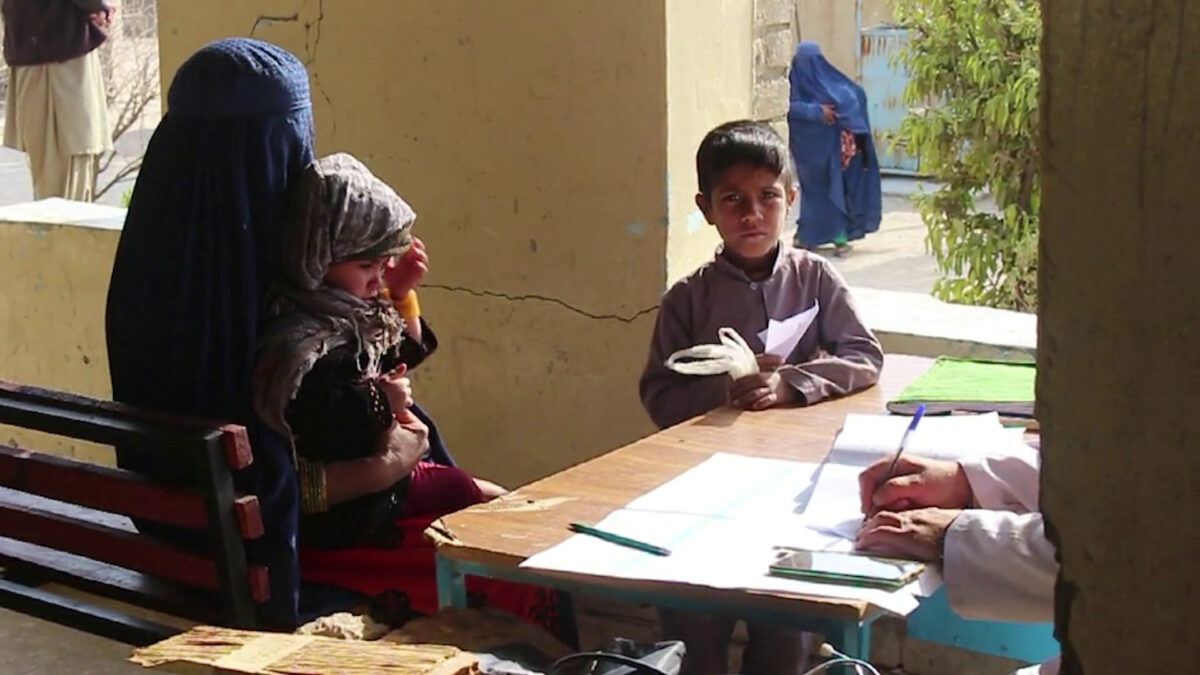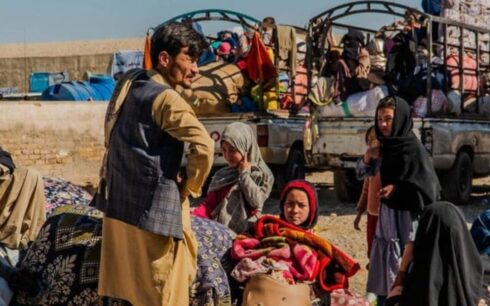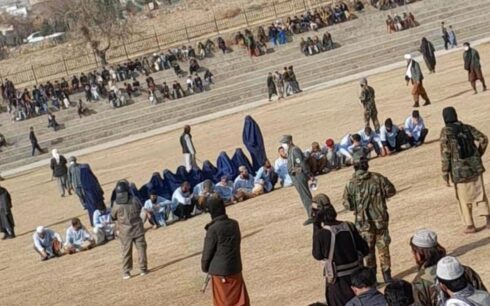Human Rights Watch on Wednesday condemned the Taliban’s latest decree barring women from pursuing medical education, warning that the decision will exacerbate the country’s already dire healthcare crisis and lead to preventable suffering and death among women.
The decree, issued by the Taliban’s supreme leader Haibatullah Akhundzada and announced by the Ministry of Public Health on Monday, Dec. 2, effectively closes one of the last remaining paths to education for women in Afghanistan. Medical training institutions across the country were ordered to bar female students, a move Human Rights Watch said will have devastating consequences.
‘Unnecessary pain, misery, and death’
The Taliban’s ban compounds an existing crisis created by previous restrictions, HRW said.
According to the watchdog organization, in some provinces, women are already prohibited from being treated by male medical professionals. With the new order halting the training of female healthcare workers, Human Rights Watch warned, many women will be left without access to essential medical care.
“This decree will result in unnecessary pain, misery, sickness, and death for women who are forced to go without healthcare because there won’t be female healthcare workers to treat them,” the rights group said.
Since seizing power in August 2021, the Taliban have systematically restricted women’s rights, HRW said. They banned girls from attending secondary schools beyond sixth grade in September 2021 and barred women from higher education in December 2022. Women are also prohibited from working in many professions, participating in public life, and even engaging in leisure activities such as visiting gyms or parks.
Human Rights Watch described these measures as part of a broader campaign to strip women and girls of their basic human rights, including the right to education, freedom of movement, and access to healthcare.
Those who have protested these violations have faced severe retaliation, including physical assault, arbitrary detention, sexual violence, and enforced disappearance, according to the rights group.
Calls for accountability
Human Rights Watch called on the international community to hold the Taliban accountable for their actions, which it described as crimes against women and girls. The group pointed to a recent announcement by International Criminal Court prosecutor Karim Khan, who indicated that arrest warrants related to Afghanistan would be issued soon.
The move by the ICC offers “hope that perhaps soon – finally – there will be first steps toward holding the Taliban to account,” Human Rights Watch stated.
The latest decree has sparked widespread condemnation, with women’s rights defenders warning of a worsening humanitarian crisis and urging global leaders to prioritize the protection of Afghan women and girls.





